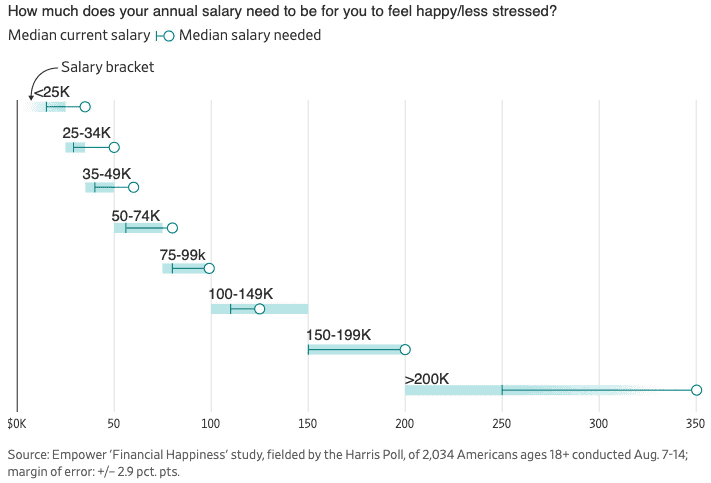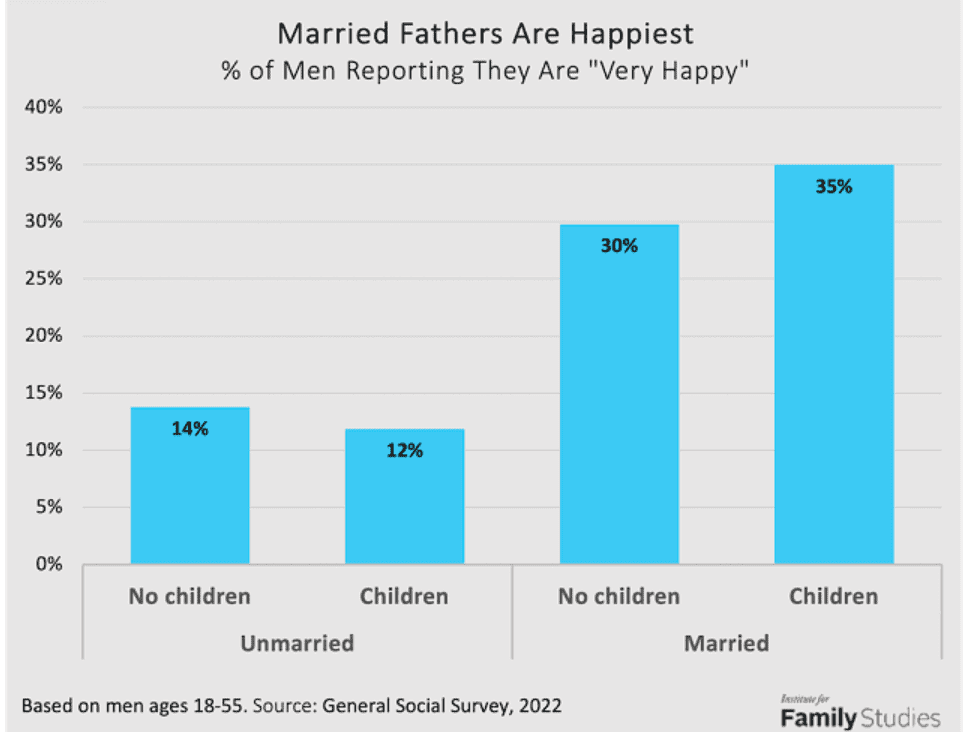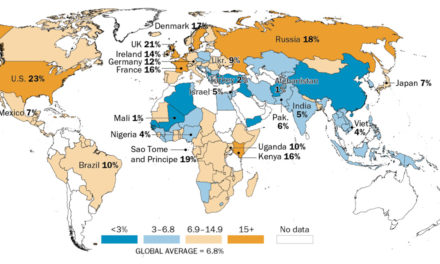How much money would you or your family need to earn to be happy?
That’s not a trick question. Some studies have found a link between income and happiness, with richer people reporting greater levels of happiness.
This is obvious, at least on some level. It makes sense that those able to buy food, afford shelter and pay for electricity are happier than those who cannot.
According to a new survey from Empower, most Americans say they’d need nearly a 50% raise to be happy.
“The respondents, who had a median salary of $65,000 a year, said a median of $95,000 would make them happy and less stressed,” the WSJ reports. “The highest earners, with a median income of $250,000, gave a median response of $350,000.”

Photo Credit: The WSJ.
While there may be a tie between one’s salary and happiness, money isn’t everything. There’s a limit on how much happiness money can buy.
“[People] might image that once they get the higher salary, then that’ll be enough,” Matt Killingsworth, a senior fellow at the University of Pennsylvania’s Wharton School, points out. “In reality, once they get there, they’ll probably want a little bit more.”
As the WSJ notes,
Even very wealthy people think like this.
A 2018 study asked millionaires to rate their happiness on a scale from one to 10 and, if they didn’t say 10, predict how much money they would need to move one point higher. Slightly over half of those with a net worth of $10 million or more said their wealth would need to increase by at least 50%.
As many who become wealthy find, enough money… is never enough.
There may be a temporary happiness boost following a pay raise. But material accumulation is not the secret to long-term happiness.
What study after study has found is that a good marriage and family are the greatest boosters of happiness – far more than a pay raise. And it’s not even close.
As the Daily Citizen has repeatedly written, married mothers and fathers report the highest levels of happiness.
While 40% of married mothers with children report being “very happy,” just 25% of married childless women, 22% of single childless women and only 17% of single women with children say the same is true.

For men, the same is true. Thirty five percent of married men with children report being “very happy” compared to 30% of married men without children, 14% of single men without children and 12% of single men with children.

As the Institute for Family Studies notes, “Men and women who have the benefit of a spouse and children are the most likely to report being ‘very happy’ with their lives, according to the most recent [General Social Survey] GSS.”
There are two lessons we can take away from this.
First, money isn’t everything. Western culture is immensely materialistic; it prizes consumerism and financial gain above all else. To say there are more important things than money is a deeply countercultural statement.
As Christians, we remember that our material wealth – our cars, houses, stock shares and dollars – is all momentary and fleeting. We can’t take any of it with us when we die.
But what we do with our money in this life can reverberate for eternity, if we use it for God’s purposes.
“Do not lay up for yourselves treasures on earth, where moth and rust destroy and where thieves break in and steal, but lay up for yourselves treasures in heaven, where neither moth nor rust destroys and where thieves do not break in and steal. For where your treasure is, there your heart will be also.” (Matthew 6:19-21, ESV).
There is great gain in a spirit of thanksgiving and generosity. And there’s much to be said for an attitude of contentment.
Second, married parenthood provides a far greater happiness boost than money does.
We should keep that in mind as we make decisions on what is important to us, and where to prioritize spending our time.
Remember, marriage and family trumps money. Every time.
“Behold, children are a heritage from the Lord,
the fruit of the womb a reward.
Like arrows in the hand of a warrior
are the children[a] of one’s youth.
Blessed is the man
who fills his quiver with them!” (Psalm 127:3-5, ESV).
Related articles and resources:
No, Children Do Not Cost Too Much
Here’s Why Conservatives are Happier Than Liberals
Making a Financial Plan Matters to Your Marriage
Focus on the Family: Parenting
Photo from Getty Images.






